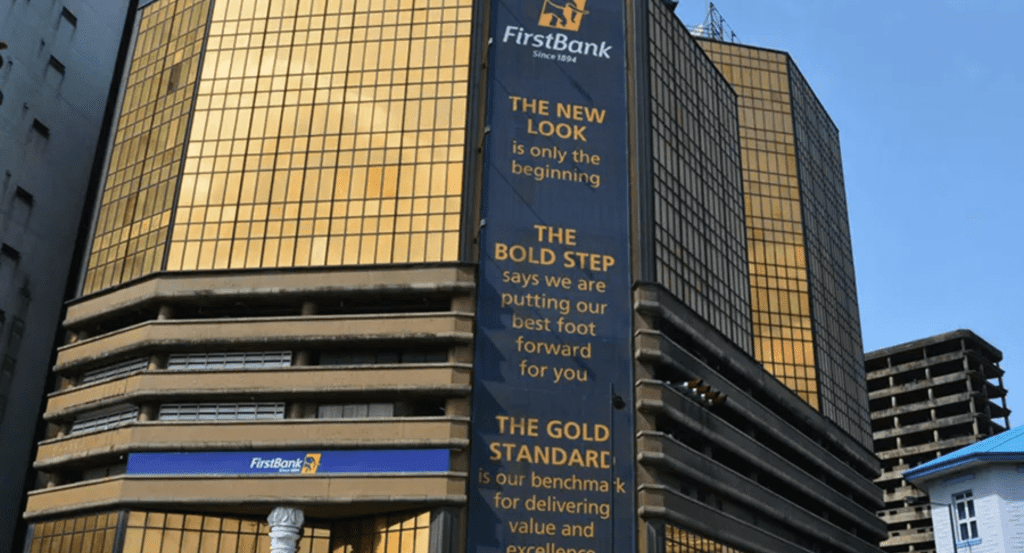First Bank of Nigeria (FBN) finds itself entangled in a high-profile legal battle with General Hydrocarbons Limited (GHL) over an alleged $225 million debt linked to a distressed oil rig project. The dispute has escalated, drawing public attention and raising questions about corporate accountability within Nigeria’s financial and oil sectors.
The conflict began when GHL accused FBN of mismanaging funds and failing to uphold agreed financial obligations for the operation of its oil rig, which reportedly endangered the lives of 93 workers. According to reports, GHL claims that FBN’s “recklessness and negligence” nearly caused a catastrophic incident on the rig.
Legal proceedings have intensified, with a court in Rivers State issuing an arrest warrant for the oil vessel involved. GHL is seeking restitution for what it describes as significant losses resulting from FBN’s alleged actions. The company alleges that the financial institution failed to provide the necessary funds on time, leading to operational lapses and safety risks.
In its defense, FBN has issued a public statement asserting that it acted within the bounds of contractual agreements. The bank denies any negligence, arguing that the financial arrangements were disrupted due to unforeseen complications in GHL’s operations. FBN has expressed its willingness to resolve the matter through legal means, emphasizing its commitment to upholding ethical business practices.
The ongoing litigation sheds light on the broader challenges in Nigeria’s oil and gas sector, where disputes over funding, project execution, and contractual obligations are common. Analysts suggest that the case could set a precedent for how banks and oil companies navigate financial disputes in the future.
Meanwhile, advocacy groups and industry stakeholders have called for greater oversight in managing high-stakes oil projects, particularly when they involve critical infrastructure and human safety. This case has also reignited discussions about the need for stricter corporate governance and risk management frameworks in Nigeria’s energy sector.
As the legal battle unfolds, both FBN and GHL face mounting scrutiny from the public and industry observers. The outcome of the case could have far-reaching implications, not just for the parties involved but also for financial institutions and oil companies operating in high-risk sectors.




















